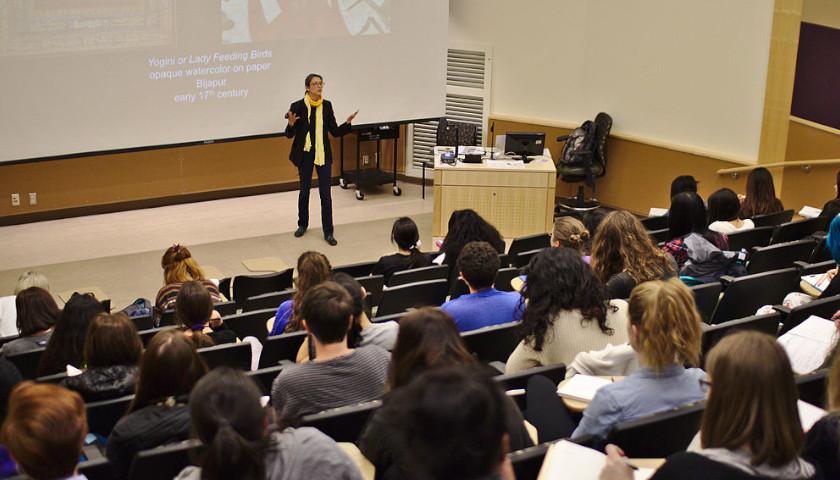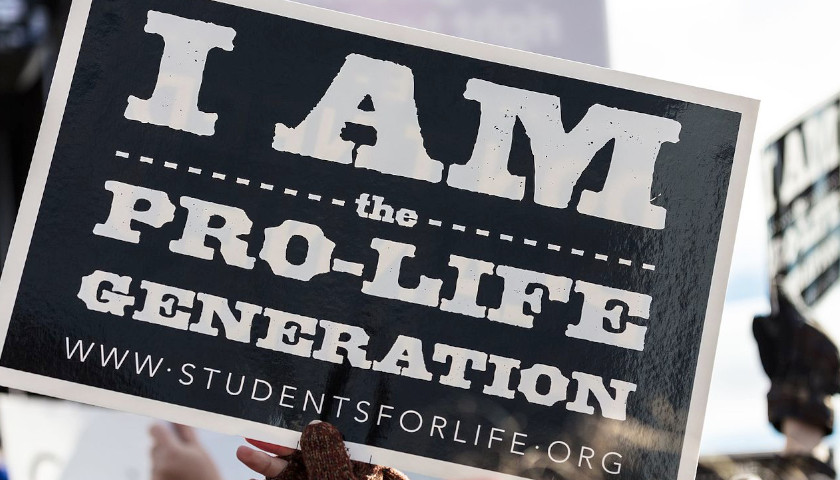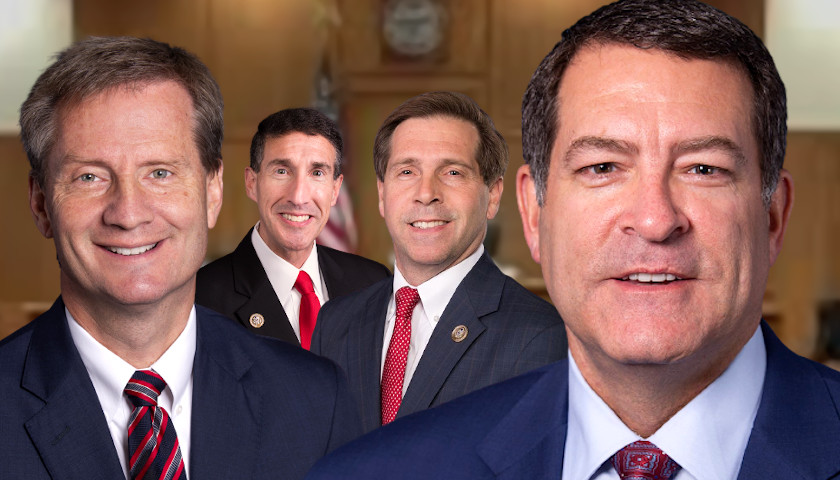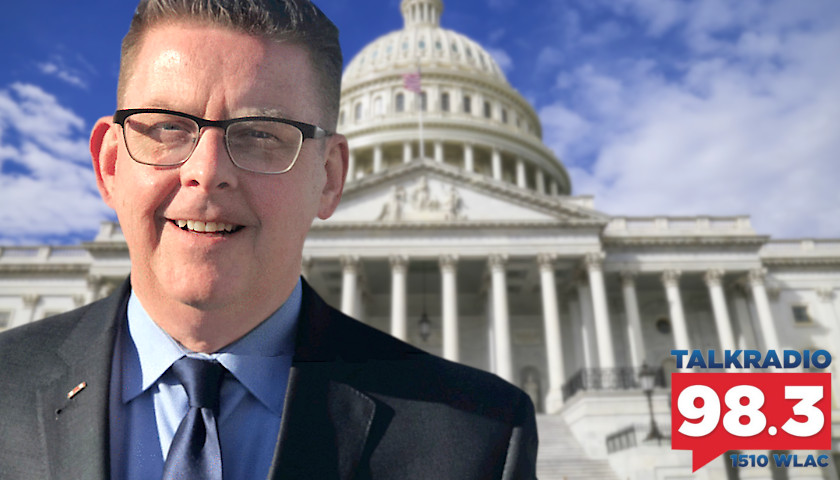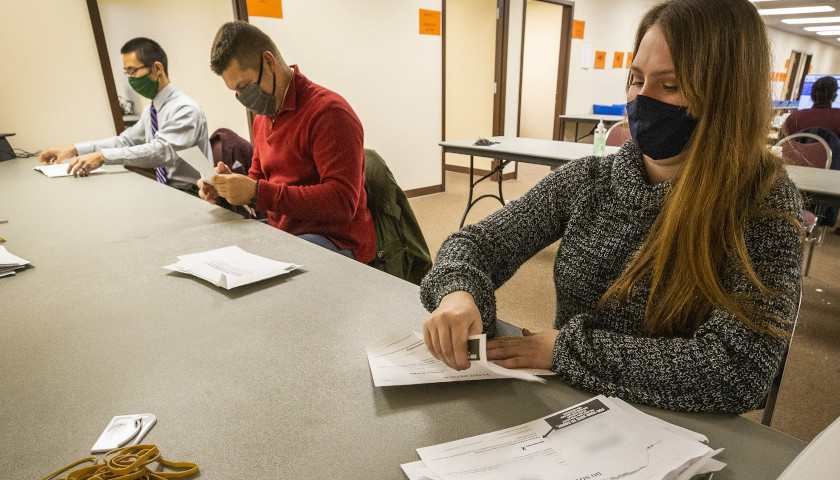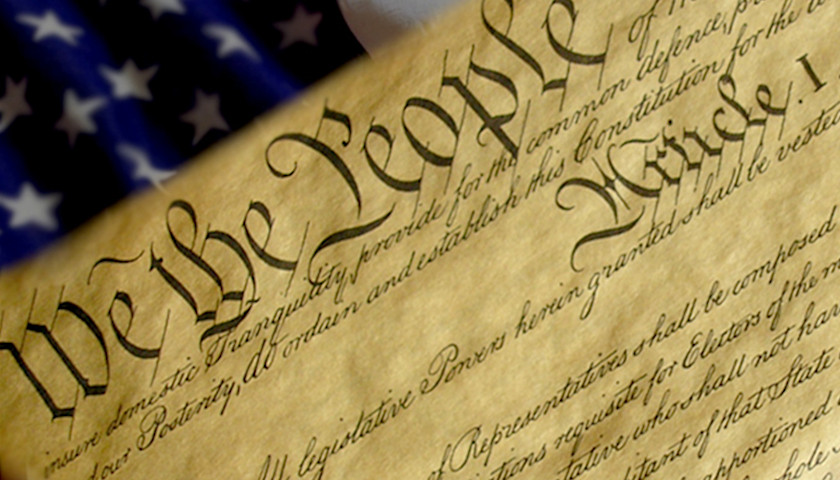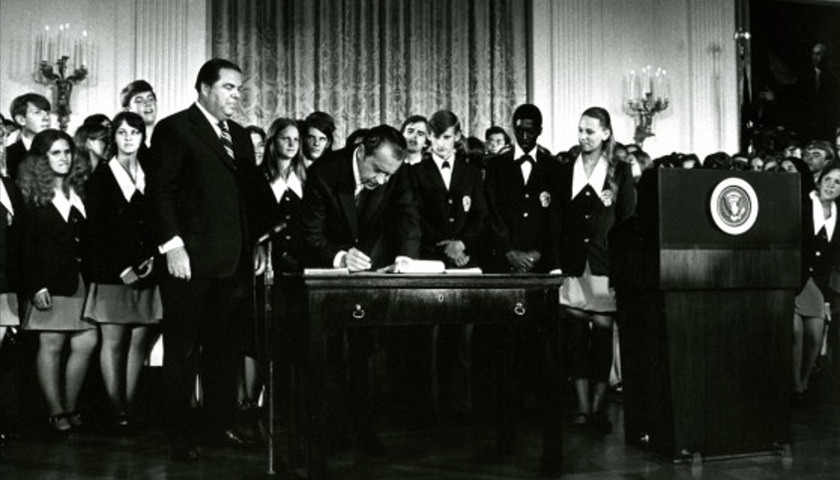I may be dating myself, but the old saying goes, “An ounce of prevention is worth a pound of cure.”
We can get much more than an ounce’s worth of prevention by engaging in post-election process audits. It is much easier to fix process problems early before they blow up and become problems that require litigation and other nasty fixes. Ahead of the 2024 election, state legislatures should require full process audits to ensure transparency and build trust in our elections.
Read the full story



